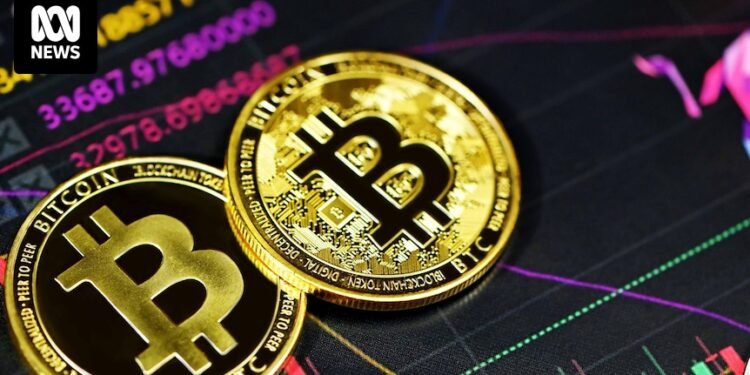Transformation in Energy Marketing Strategies and Economic Forecast
Overview
Recent shifts in the Australian market have brought about significant changes in energy marketing tactics and overall economic outlook. This article explores key updates, such as a substantial fine imposed on a Victorian energy retailer for illegal door-to-door selling and concerns surrounding the Reserve Bank of Australia’s (RBA) economic evaluations, defining the national economic landscape.
Penalty in Energy Marketing
A noteworthy ruling by the Essential Services Commission of Victoria has led to a $10 million penalty on Sumo Power Pty Ltd and Sumo Gas Pty Ltd, marking the largest fine for energy law breaches in the state. The Supreme Court concluded that the companies utilized prohibited door-to-door selling techniques that misrepresented their products, impacting close to 6,000 customers.
Gerard Brody, Chair of the Essential Services Commission, stressed that “Victoria has prohibited aggressive door-to-door sales by energy providers,” underlining the significance of these rules in shielding consumers from forceful sales approaches. The ruling is expected to prompt energy retailers nationwide to review their marketing strategies to ensure compliance with consumer protection regulations.
Economic Observations from the RBA
Luci Ellis, Chief Economist at Westpac, has raised doubts regarding the RBA’s interpretation of current economic trends. Despite a general alignment among analysts towards delaying rate cut projections until May, Ellis suggests that the RBA might be misjudging private demand. She argues that while the RBA perceives aggregate demand as exceeding supply, the “output gap” has largely closed, implying that inflation should not be a primary concern.
Ellis critiques the RBA’s economic evaluations, pointing out potential oversights in accounting for delays in pricing adjustments and outdated year-end inflation calculations. Additionally, Ellis cautions that a shift towards a larger public sector could result in an extended period of subdued growth and diminished employment figures.
Wider Market Environment
Against this backdrop, the ASX 200 index underwent a 0.5% decline as broader market uncertainties loomed. Around 75% of the top 200 stocks experienced losses, with sectors like utilities, real estate, and education being the exceptions, showing gains. Notably, Iluka Resources faced significant setbacks despite securing additional financing for its rare earths refinery project.
Market sentiment also felt the impact of fluctuations in global markets, with both the S&P 500 and Nasdaq retracting by 0.2%. The Australian dollar saw a slight drop to 64.24 US cents, reflecting a cautious stance amidst persistent economic uncertainties.
Potential Influence on Economic Policies
The consequences of the energy marketing penalty and shifting economic forecasts could be far-reaching. The sizable fine may prompt energy firms to adopt more transparent practices, fostering a friendlier environment for consumers. Furthermore, Ellis’s criticism of the RBA could urge policymakers to reassess their criteria for assessing economic conditions, particularly in light of inflation concerns juxtaposed with potential declines in consumer spending due to economic constraints.
With the RBA gearing up for its final board meeting of the year, predictions on interest rate cuts remain uncertain, with Commonwealth Bank maintaining a forecast for a cut in February while other major banks anticipate a more prolonged timeline.
Wrap-up
The recent transformations in Victoria’s energy marketing regulations, coupled with crucial insights from economic experts, stress the importance of vigilance in consumer safeguarding and economic decision-making. With significant penalties reshaping industry norms and monetary policy uncertainties heightening, stakeholders from all sectors must remain informed and adaptable to effectively navigate the evolving landscape. These developments are instrumental in molding Australia’s economic framework for the forthcoming years.








